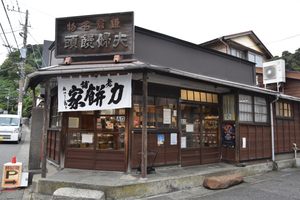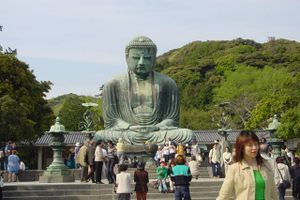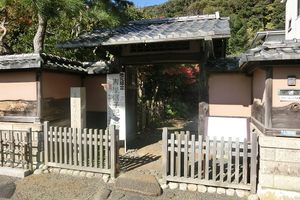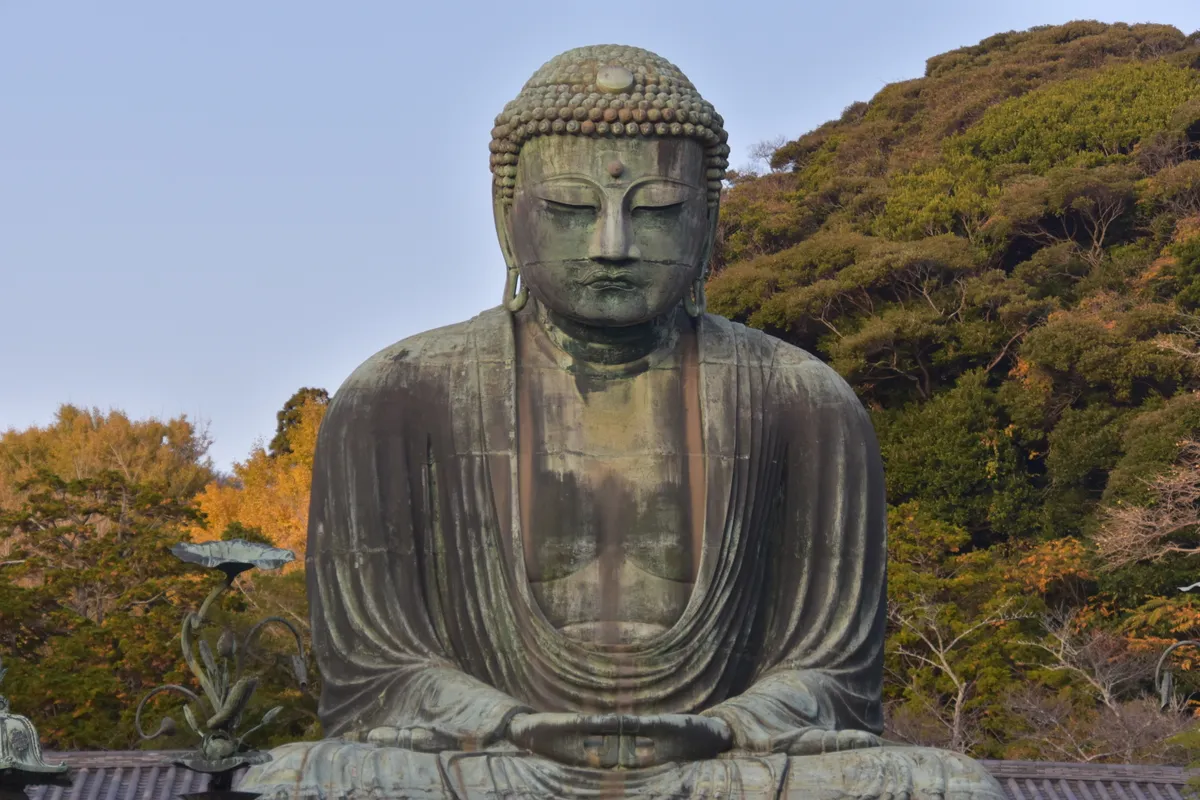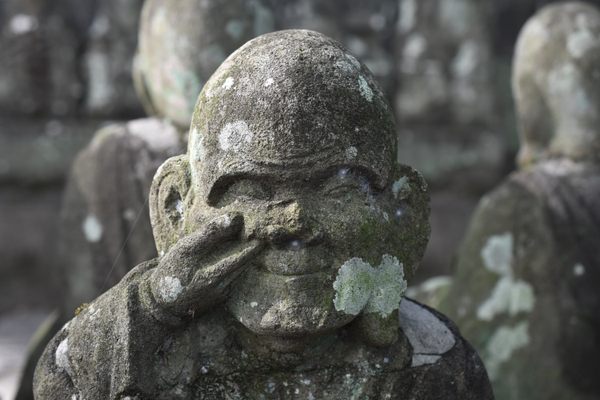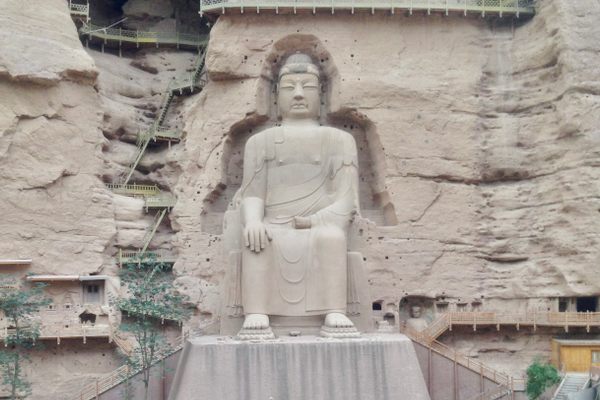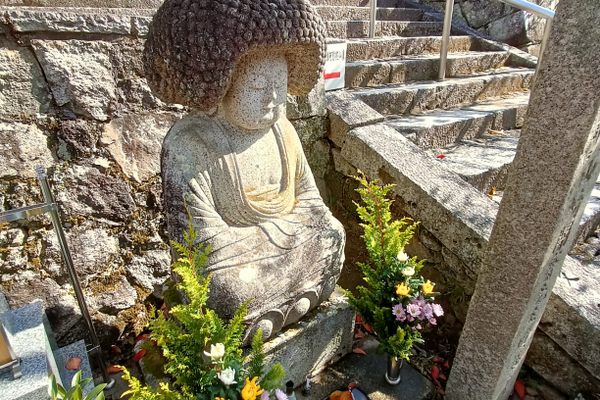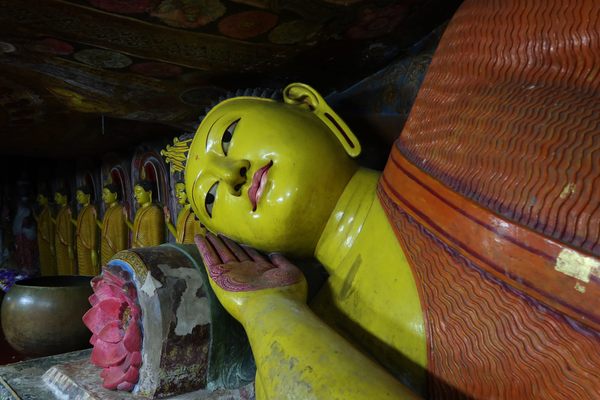About
One of the most popular tourist spots in Kamakura, Hase-dera Temple is famed for the 30-foot-tall wooden statue of Kannon and the hydrangea blooms in its gardens in May and June.
The temple complex is quite large, however, and some of its attractions often go unexplored by visitors. One such spot is the on-site Kannon Museum, the newly renovated treasury of the temple. Though it’s small and requires an additional ticket, it’s worth a visit for the centuries-old works of Buddhist art that it houses.
The museum’s centerpiece is the Kannon Sanjūsan Ōgenshin statuary, which dates back to the Muromachi period (1336-1573) and depicts the 33 avatars of Kannon Bodhisattva, the goddess of mercy.
Finely sculpted and vividly polychrome, the statues are impressive and stunning, and it’s plain to see that the avatars are diverse in form, transcending age, gender, and metaphysics. Some of the avatars, such as the half-bird Karura and the six-armed Ashura, are decidedly non-human.
According to the Buddhist scripture Lotus Sutra, Avalokiteśvara (Kannon) manifests as these avatars in order to save human souls, taking different forms depending on their levels of Buddhahood. While this is a well-known concept, surviving statues of Kannon’s thirty-three avatars are scarce, most temples lacking a few of them. This makes Hase-dera’s intact, centuries-old collection even more impressive, a truly under-appreciated treasure of Kamakura.
Related Tags
Hidden Japan: Sado Island, Nara & Kyoto
Explore a different side of Japan.
Book NowCommunity Contributors
Added By
Published
August 8, 2024
























